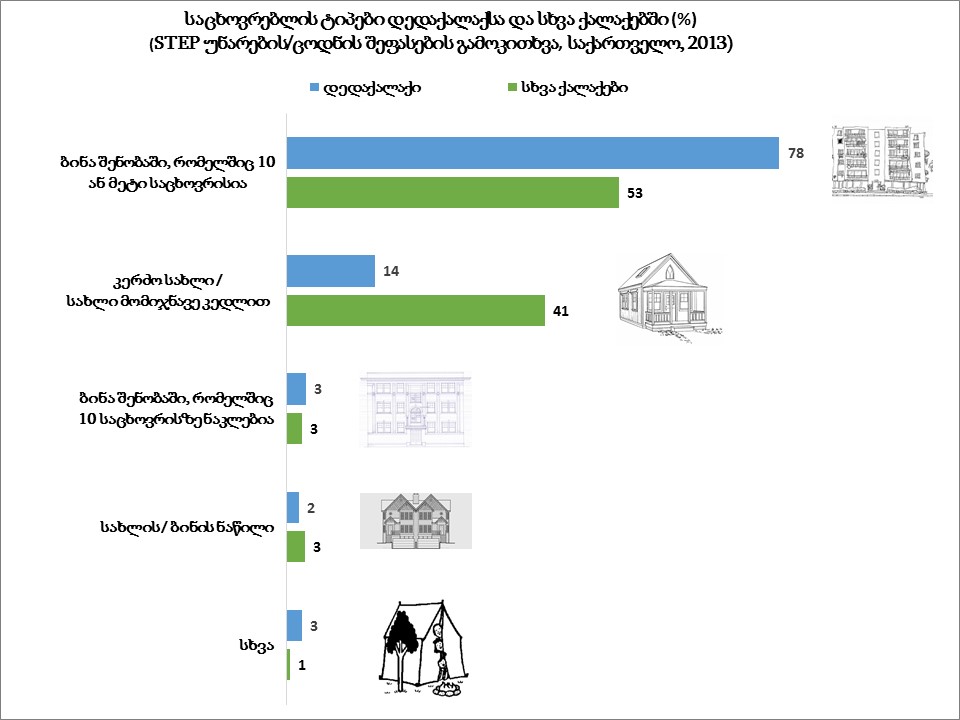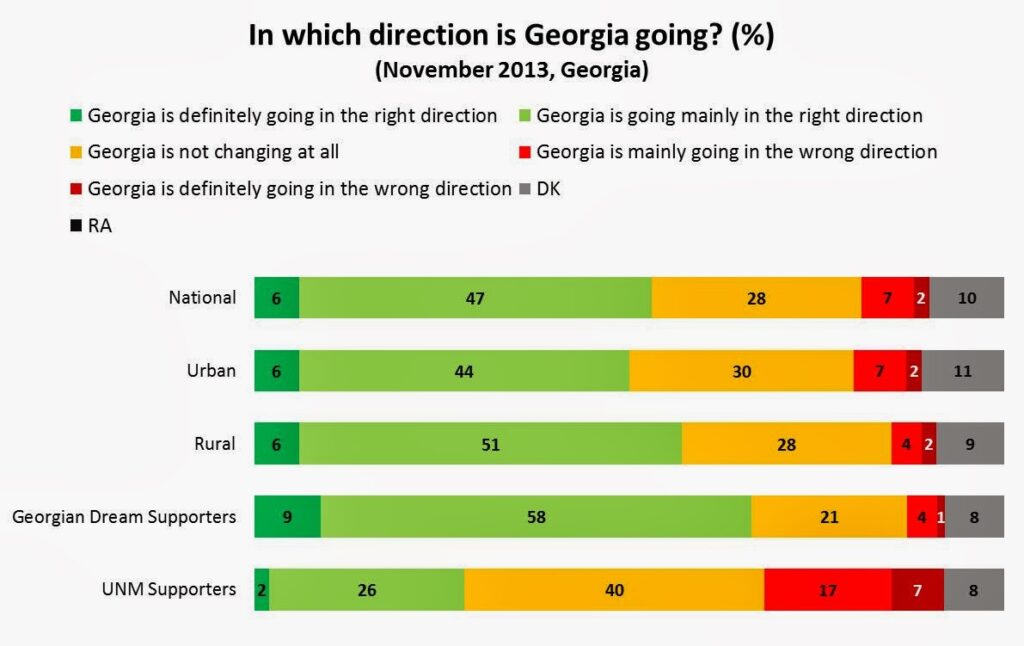
People in Tbilisi often talk about the growing number of vehicles and problems associated with them. According to NDI and CRRC public opinion surveys, every third Tbilisi resident considers traffic, every fifth parking, and every other pollution among the most important public goods related issues in…


